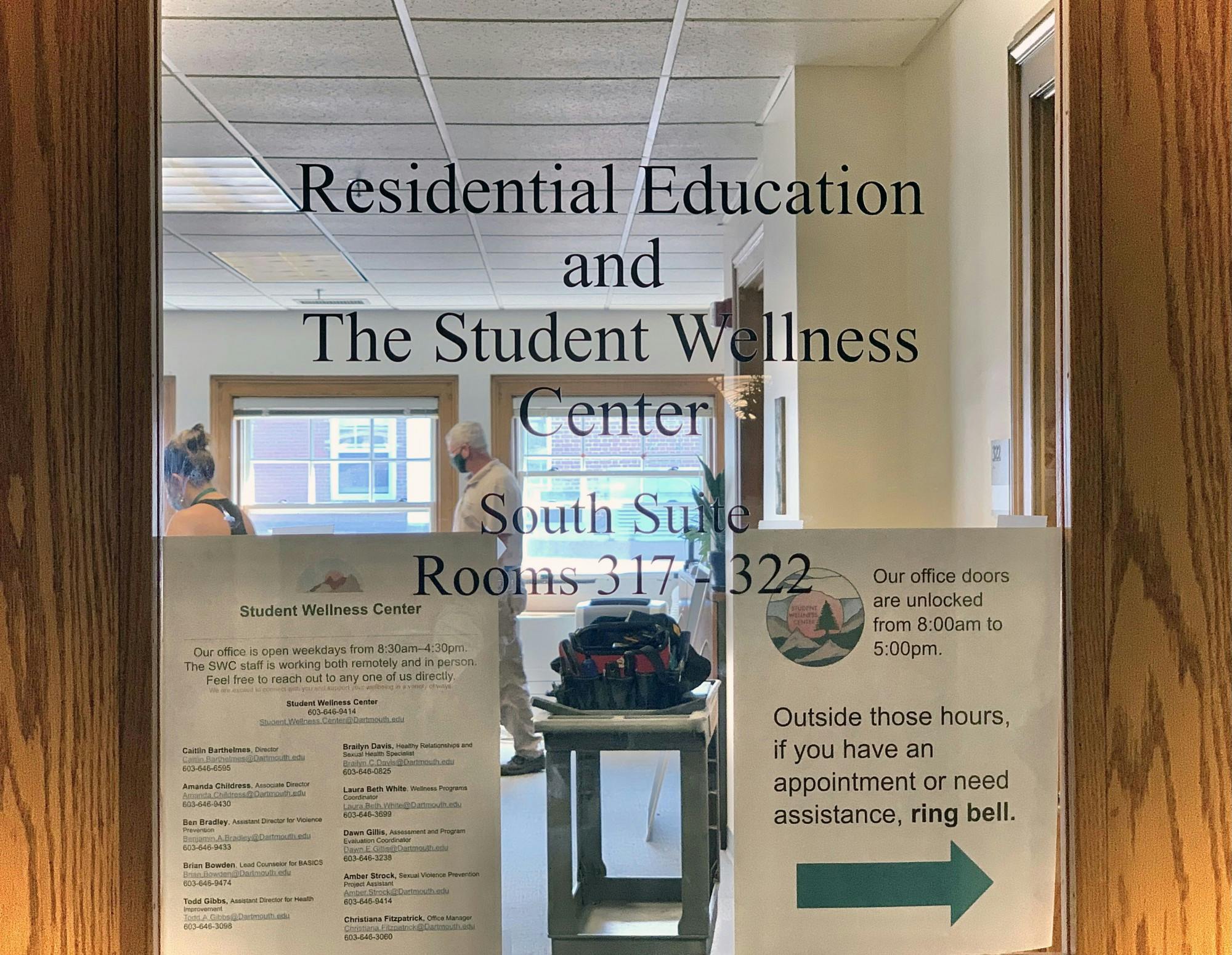After the pandemic saw rates of anxiety and depression increase among students and the deaths of three freshmen by suicide, the College faced widespread criticism for its insufficient mental health resources. In response to these mounting complaints, College President Phil Hanlon announced in a May 21 email to campus that Dartmouth would launch a four-year partnership with the JED Foundation, a nonprofit that promotes emotional health for teens and young adults. The first year of the partnership is slated to begin over the course of the next few weeks.
At all five schools — the Geisel School of Medicine, the Guarini School of Graduate and Advanced Studies, the Thayer School of Engineering, the Tuck School of Business and the undergraduate College — interdisciplinary committees consisting of students, faculty and senior leadership will construct a plan designed to support students’ mental health needs, College health service director Mark Reed said. Reed and Spanish professor and former dean of the College Rebecca Biron will spearhead the undergraduate committee.
“[The JED Foundation’s] guiding principles are that mental health on a college campus is not the sole responsibility of the counseling office or the wellness center, but really, it’s something that needs to be owned by everyone,” Reed said.
According to Reed, every committee will first complete a JED-generated, 50-page questionnaire that delves into the College’s mental health policies and procedures. Students will then take the “Healthy Minds” survey developed by the University of Michigan that gauges students’ perspective on the College’s climate and resources, he said.
After JED receives preliminary feedback in early spring, JED advisors will come to Dartmouth, meet with the various committees, conduct student focus groups and analyze the two surveys to formulate strategic plans tailored to each of the five schools, Reed said.
According to Reed, the College will implement strategic plans aimed at addressing specific institutional needs during the second and third years of the partnership, while the fourth year will serve as an evaluation of the College’s progress, involving a follow-up “Healthy Minds” survey. Throughout this process, he added, the JED Foundation will check in with the College each month.
Biron noted that while the strategic plans for each of the five schools may vary based on institutional needs, the overarching goal — revamping Dartmouth’s mental health resources — will apply across the board.
“As we collect information about our policies, procedures and resources, a lot of that information will be the exact same across the different schools, but some might be different,” Biron said. “…Because each of the schools serves different student populations, I expect there will be some specific areas unique to the different schools. But overall, I think the goal is that the whole college have improved services and support.”
Interim Provost David Kotz said JED will help the College “more deeply” understand its institutional needs — as the program will require collecting data on student wellness, mapping out current resources, identifying needs for expansion and developing a plan for implementation. In his May 21 email, Hanlon also announced the hiring of a second nurse to Dartmouth Health Services’ on-call staffing, two new counselors and a student wellness coordinator — “immediate steps” that Kotz said should work “in parallel” with the JED partnership.
“Challenges will be with us for the long term, so we need a scalable, sustainable, long-term plan,” Kotz said. “JED can help us develop and implement that plan.”
Donna and Phil Satow founded JED in 2000 to honor the memory of their youngest son Jed, who committed suicide in 1998. Roughly 350 colleges, including Dartmouth, represent 4.5 million students who are currently participating in JED’s four-year program, according to the foundation’s website.
Reed said that the College’s own partnership with the JED Foundation came in the wake of a “difficult” and “painful” year for the Dartmouth community, noting the student deaths by suicide. Biron noted that those tragic losses “required” the College to look at mental health and suicide prevention “in a much more concentrated way immediately.”
Jessica Chiriboga ’24, a student member of the undergraduate committee, noted that many students grappling both with the pandemic and the passing of their classmates felt a lack of support from the College last year.
“A lot of us [were] hurt because we felt like the resources and the policies that were in place this past year weren’t conducive to student wellness and weren’t conducive to making this campus a safe place for everybody,” she said.
Chiriboga added, however, that the JED partnership signals a step in the “right direction,” and that she believes a third-party evaluator will be able to provide an impartial and thorough assessment of Dartmouth’s mental health infrastructure.
“On the administrative side, it can be hard for them to fully commit to assessing or critiquing their own policies and practices because they also have their own specific needs that they have to take care of as an institution,” Chiriboga said. “Having an outside group [for which the] sole focus is to work on this with us is going to be super helpful for actually having these conversations.”
Chiriboga is a former member of The Dartmouth staff.




